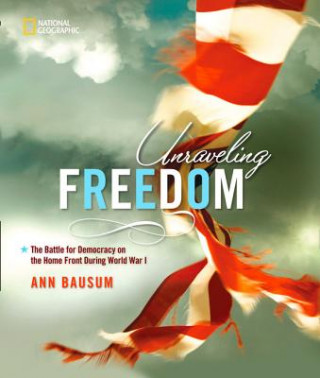
Kód: 05075677
Unraveling Freedom
Autor Ann Bausum
When the submarine Lusitania exploded in 1915, it was the 9/11 of its time. The hysteria that followed set the climate that drew the United States into the War to End All Wars. While fighting to make the world safe for democracy a ... celý popis
- Jazyk:
 Angličtina
Angličtina - Vazba: Pevná
- Počet stran: 96
Nakladatelství: National Geographic Kids, 2011
- Více informací o knize

694 Kč
Dostupnost:
50 % šance Máme informaci, že by titul mohl být dostupný. Na základě vaší objednávky se ho pokusíme do 6 týdnů zajistit.
Máme informaci, že by titul mohl být dostupný. Na základě vaší objednávky se ho pokusíme do 6 týdnů zajistit.Prohledáme celý svět
Mohlo by se vám také líbit
-

Flash Cartoon Animation
705 Kč -

Love's Uncertainty
3074 Kč
Darujte tuto knihu ještě dnes
- Objednejte knihu a zvolte Zaslat jako dárek.
- Obratem obdržíte darovací poukaz na knihu, který můžete ihned předat obdarovanému.
- Knihu zašleme na adresu obdarovaného, o nic se nestaráte.
Informovat o naskladnění knihy
Zadejte do formuláře e-mailovou adresu a jakmile knihu naskladníme, zašleme vám o tom zprávu. Pohlídáme vše za vás.
Více informací o knize Unraveling Freedom
Nákupem získáte 69 bodů
 Anotace knihy
Anotace knihy
When the submarine Lusitania exploded in 1915, it was the 9/11 of its time. The hysteria that followed set the climate that drew the United States into the War to End All Wars. While fighting to make the world safe for democracy abroad, ironically democracy suffered greatly on the homefront. Nationalist fervor during World War I created one of the most repressive eras in US history. Constrictive legislation, conservative courts, and over-zealous public officials fostered an environment where even the mildest forms of dissent might be met with harsh consequences.Woodrow Wilson, although more remembered as a visionary peacemaker, helped set the tone for this embarrassing period of history. The times featured legislation like the Espionage Act of 1917 (still in effect today), the Sedition Act of 1918 (the first such law in 120 years), and landmark Supreme Court rulings (including the first ones to define - and limit - the concept of free speech). German Americans (who made up some 25 percent of the population) shouldered much of the brunt of this repression as a result of war-time xenophobic fears. Patriots burned German-language books. Schools dropped German from their curricula. Many German-language newspapers lost their rights to use the U.S. mails (and thus went out of business). German-Americans risked being jailed for even the mildest of critical comments or for failing to buy Liberty Bonds that supported the war effort. Hundreds were imprisoned or fined, at times losing property, and even their children, in the process. Individuals with fringe political beliefs became targets of repression, too. Socialists, anarchists, and other radicals lost the right to speak critically of the government and capitalism. The Justice Department established a domestic intelligence division to track radicals (with a young J. Edgar Hoover compiling a database on over 200,000 individuals). The Supreme Court upheld the jailing of Eugene Debs for criticising government limits to free speech (when just six years earlier he had earned a million votes as a Socialist Party candidate). Countless others were jailed, as well. The government deported hundreds of radicals during the war and in its immediate aftermath (with the Red Scare of 1919-20). As the war-time hysteria subsided, many sought to generate renewed respect for the importance of civil rights and free speech. (The American Civil Liberties Union organised in 1920.) Others struggled to explain how a nation fighting to make the world safe for democracy could have so severely damaged its founding principal at home. Appropriate introductory and concluding sections would place this history into the wider context of events, from the Alien and Sedition Acts of 1798 to actions during World War II and the Cold War to the patriotic fervour that accompanied the Iraq War. Bausum's exhaustive textual research leads to compelling human anecdotes while her deep archival photo research turns up rare and special imagery.
 Parametry knihy
Parametry knihy
Zařazení knihy Knihy v angličtině Children's, Teenage & educational Children's / Teenage: general non-fiction History & the past: general interest (Children's / Teenage)
694 Kč
- Plný název: Unraveling Freedom
- Podnázev: The Battle for Democracy on the Home Front During World War I
- Autor: Ann Bausum
- Jazyk:
 Angličtina
Angličtina - Vazba: Pevná
- Počet stran: 96
- EAN: 9781426307027
- ISBN: 1426307020
- ID: 05075677
- Nakladatelství: National Geographic Kids
- Hmotnost: 592 g
- Rozměry: 259 × 220 × 13 mm
- Datum vydání: 01. January 2011
Oblíbené z jiného soudku
-
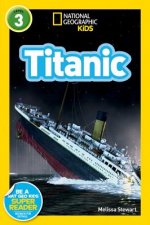
National Geographic Kids Readers: Titanic
150 Kč -
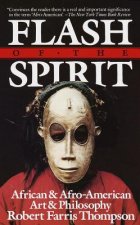
Flash of the Spirit
415 Kč -

100 Things to Know About History
302 Kč -

Tales From the Arabian Nights
463 Kč -

Knowledge Encyclopedia History!
575 Kč -
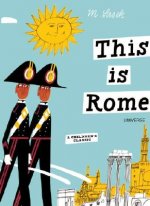
This is Rome
380 Kč -
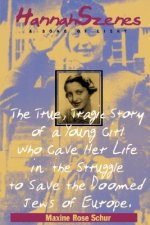
Hannah Szenes
370 Kč -
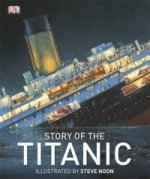
Story of the Titanic
276 Kč -

See Inside The Second World War
323 Kč -

Encyclopedia of World History
410 Kč -
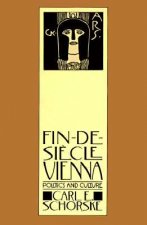
Fin De Siecle Vienna
695 Kč -
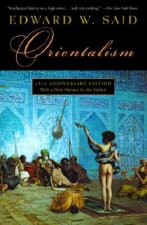
Orientalism
454 Kč -

See Inside the History of Britain
323 Kč -
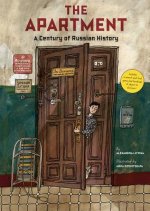
Apartment: A Century of Russian History
517 Kč -
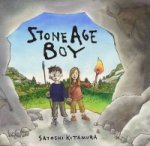
Stone Age Boy
223 Kč -

Shackleton's Journey
420 Kč -
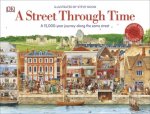
Street Through Time
302 Kč -

Encyclopedia of Ancient Greece
356 Kč -

All About Japan
322 Kč -

Tudor
223 Kč -

Bluest of Blues: Anna Atkins and the First Book of Photographs
383 Kč -

Industrial Revolution
356 Kč -
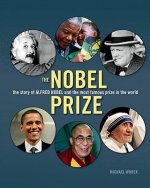
Nobel Prize: the Story of Alfred Nobel and the Most Famous Prize in the World
419 Kč -
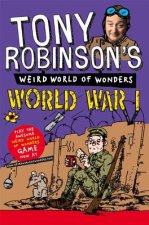
World War I
170 Kč -
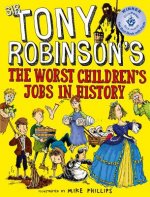
Worst Children's Jobs in History
356 Kč -

World War II
169 Kč -
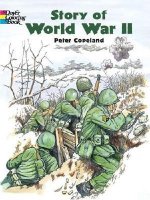
Story of World War 2
143 Kč -
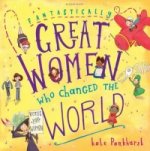
Fantastically Great Women Who Changed The World
213 Kč -

Women in Science
399 Kč -
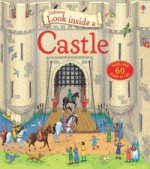
Look Inside a Castle
276 Kč -
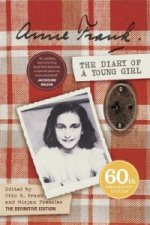
Diary of a Young Girl
249 Kč -

This is Britain
383 Kč -

See Inside London
302 Kč -
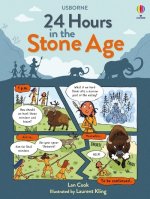
24 Hours In the Stone Age
202 Kč -

Ladybird Histories: British History
249 Kč -

Gruesome Great Houses
196 Kč -

Helga's Diary
302 Kč -
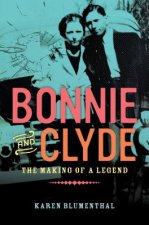
Bonnie And Clyde
499 Kč -
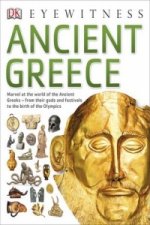
Ancient Greece
466 Kč -

882-1/2 Amazing Answers to Your Questions About the Titanic
355 Kč -
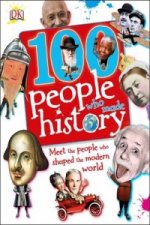
100 People Who Made History
410 Kč -
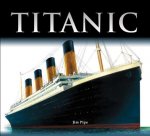
Titanic
527 Kč -
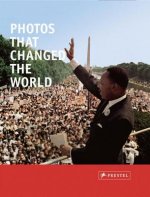
Photos that Changed the World
410 Kč -
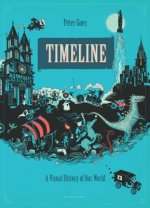
Timeline
543 Kč -

Story Of Scotland
223 Kč -

First Encyclopedia of History
352 Kč -
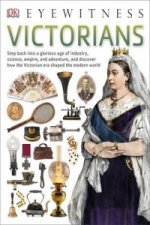
Victorians
223 Kč -
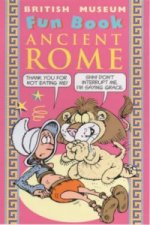
Ancient Rome
101 Kč -
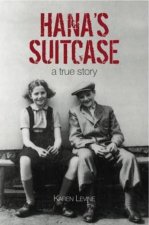
Hana's Suitcase
223 Kč
Osobní odběr Praha, Brno a 12903 dalších
Copyright ©2008-24 nejlevnejsi-knihy.cz Všechna práva vyhrazenaSoukromíCookies


 Vrácení do měsíce
Vrácení do měsíce 571 999 099 (8-15.30h)
571 999 099 (8-15.30h)